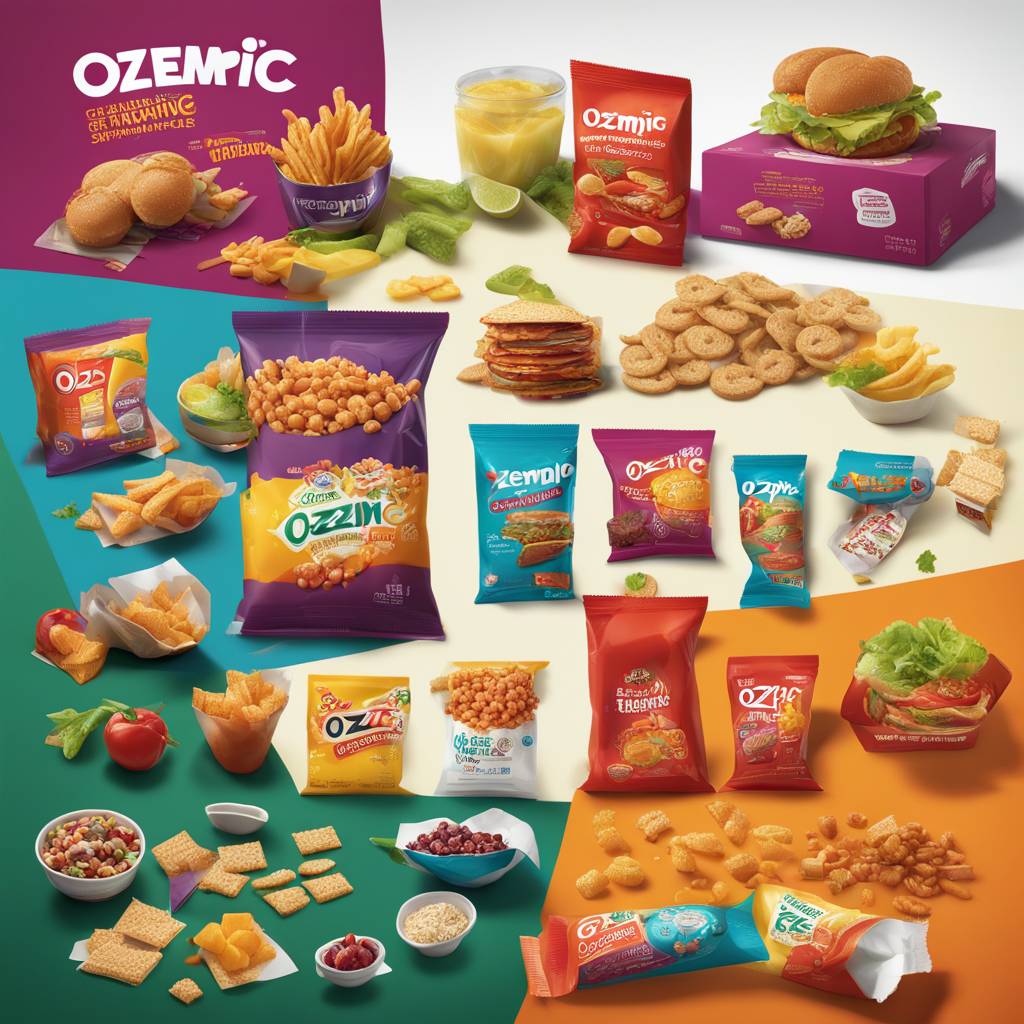A recent report from Dalhousie University’s Agri-Food Analytics Lab indicates that the use of weight loss medications such as GLP-1 receptor agonists is impacting Canadian food choices. These drugs, used to treat Type 2 diabetes and combat obesity, include popular options like Ozempic, Wegovy, and Saxenda. As more Canadians turn to these medications, researchers sought to understand the implications on the food industry. The survey of over 8,000 Canadians revealed that around 10% of adults are using GLP-1 drugs, with higher usage rates among males and millennials. Reasons for use included managing Type 2 diabetes and weight loss.
The report found that those using GLP-1 drugs, especially for weight loss purposes, reported changes in their food consumption habits. Many noted eating less, consuming fewer sweets and alcohol, and making different food choices both at home and when dining out. A significant percentage of respondents also reported weight loss as a result of using these medications. Categories like sweet bakery goods, snacks, and packaged cookies saw the highest percentage of people stopping consumption. The report suggests that GLP-1 drugs are reducing the consumption of sugary and highly processed foods overall. This shift could have implications for the food and beverage industries.
Experts believe that as more individuals start taking weight management medications like Ozempic, the demand for unhealthier foods may decrease. This could impact companies that rely on impulse food and beverage purchases. A forecast by Morgan Stanley suggested that industries producing confectionery, baked goods, and salty snacks could see softer demand as a result. Companies like Walmart are already observing changes in purchasing habits linked to weight management drugs. This shift in eating habits may prompt the food industry to reconsider product offerings and manufacturing strategies, particularly for unhealthy products.
As Canadians on weight management drugs alter their eating habits, the food industry may need to adapt to meet changing consumer demands. Suggestions included reducing sugar, offering healthier alternatives, and providing health-related information on menus. The reliance on impulse buying may decrease as more individuals opt for reduced sugar, lower calorie, and less processed foods. Manufacturers will need to consider ingredient choices, particularly sugar content, as many processed foods contain added sugars. Food service providers may also need to adjust portion sizes or offer health-conscious menu options to cater to individuals looking to reduce caloric intake.
The survey conducted in December 2023 by Dalhousie University provided insights into the usage rates and impacts of GLP-1 drugs in Canada. With over 8,600 respondents, the report highlighted changing food choices among those using weight loss medications. As the popularity of drugs like Ozempic continues to grow, the food industry may face challenges in catering to a consumer base that is increasingly health-conscious. Adapting to these changing trends, including offering healthier alternatives and reducing reliance on impulse buying, could be crucial for companies in the coming years. Experts suggest that this shift in eating habits could mark the beginning of a new cycle for the food industry, with a need for innovation and adaptation to meet the evolving needs of consumers.













